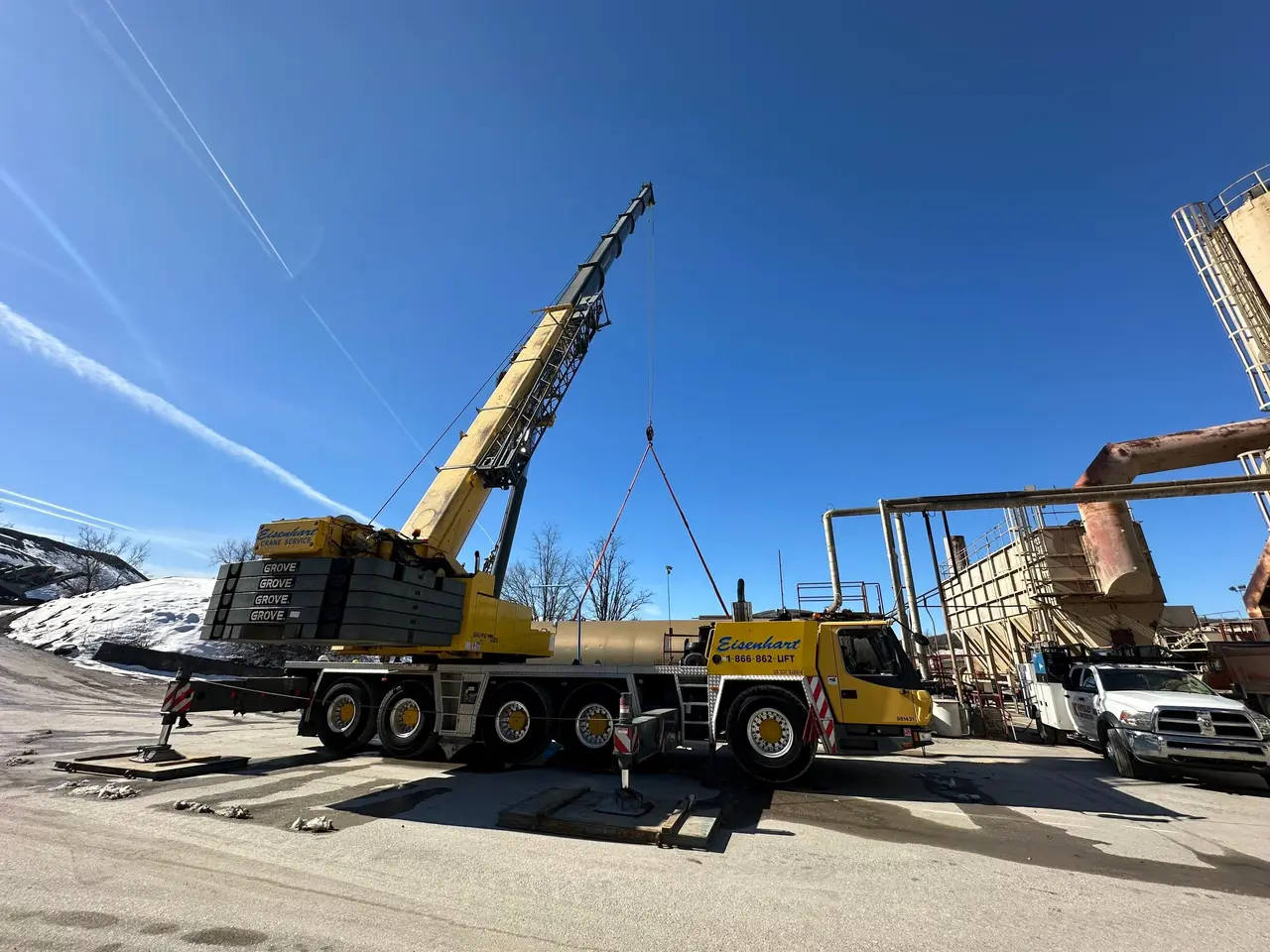Introduction to Truck Crane Rental vs. Purchase
Truck crane rental and purchase are two options for acquiring a crane for your business. Renting a truck crane gives you flexibility, allowing you to use the crane only when needed without a long-term commitment. On the other hand, buying a truck crane gives you ownership and full control over its use, but it comes with a significant upfront cost. Consider your business needs, budget, and frequency of crane use to determine the best option for your situation.
Pros and Cons of Renting a Truck Crane
Renting a truck crane gives you flexibility – you can scale up or down based on your projects’ requirements. It also eliminates maintenance costs, as the rental company handles upkeep. However, rental expenses can add up over time. Number of hours used impacts costs. You may also face availability issues during peak seasons. Renting suits short-term or intermittent needs, providing a cost-effective solution without long-term commitments.
Pros and Cons of Purchasing a Truck Crane
Buying a truck crane means you own it outright and can use it whenever you need without time constraints. You have full control over maintenance schedules and can customize the crane to fit your specific business needs. However, purchasing a truck crane requires a significant upfront investment, which might strain your budget. Additionally, you are responsible for all repair and maintenance costs, which can add up over time.
Factors to Consider for Rental
Renting a truck crane can be a good option if you have a short-term need for it. Factors to consider for rental include the duration of your project, the frequency of crane usage, and your budget constraints. Renting allows you to access a crane without the upfront cost of purchasing one. It also saves you from maintenance expenses, storage costs, and the hassle of selling the crane once your project is done. When renting, make sure to check the rental company’s reputation, the condition of the crane, and the availability of customer support in case of any issues.
Factors to Consider for Purchase
When considering whether to purchase a truck crane, there are important factors to think about. Here are key points to consider:
- Initial Cost: Purchasing a truck crane requires a significant upfront investment compared to renting.
- Maintenance and Repairs: You’ll be responsible for maintenance and repair costs when you own a crane.
- Frequency of Use: If you need a crane frequently for various projects, purchasing might be more cost-effective in the long run.
- Resale Value: Reselling a crane can help recoup some of the initial investment.
- Customization: Owning allows for customization to suit specific business needs.
- Long-term Investment: Buying a crane can be seen as a long-term investment for your business.
Costs Comparison: Renting vs. Purchasing
When deciding between renting and purchasing a truck crane, it’s essential to consider the costs involved in both options. Renting a truck crane is generally more cost-effective in the short term since you don’t have to invest a large amount upfront. On the other hand, purchasing a truck crane requires a significant initial investment but can be more economical in the long run if you use the crane frequently. Here are some key points to keep in mind:
- Renting a truck crane involves daily, weekly, or monthly rental fees depending on the duration you need it.
- Purchasing a truck crane requires a substantial upfront payment, but you have full ownership of the equipment.
- Maintenance and repair costs are usually included in the rental fee, whereas with a purchased crane, you are responsible for maintenance and repair expenses.
- Consider your business’s long-term needs and how often you will use the crane before making a decision on whether to rent or buy.
Flexibility and Operational Control
When it comes to choosing between renting or buying a truck crane, one key factor to consider is the flexibility and operational control it offers your business. Let’s break it down:
- Renting: Provides flexibility in using different crane types as needed without the commitment of ownership.
- Purchasing: Offers full operational control of the crane, allowing customization and long-term savings.
Your decision should hinge on how much control you want over the crane’s operations and how frequently you anticipate needing it.
Maintenance and Repairs
Maintenance and repairs for a purchased truck crane fall on you. That means dealing with unexpected costs for fixes when issues arise. Rentals, on the other hand, typically include maintenance and repairs in the package. If the crane breaks down, it can be quickly swapped out for a functioning one without extra charges. With rentals, you can ensure smooth operations without worrying about the upkeep expenses.
Contractual Agreements for Rental
When opting for a truck crane rental, it’s crucial to carefully consider the contractual agreements associated with the rental. Here are some key points to keep in mind:
- Make sure to thoroughly read and understand the terms and conditions of the rental agreement before signing.
- Pay close attention to the rental duration, payment terms, and any additional fees that may apply.
- Consider the maintenance and insurance responsibilities outlined in the contract to avoid any unexpected costs.
Making the Decision: Rental or Purchase
Renting a truck crane is a suitable option if you only need it for specific projects. It provides flexibility and saves you the responsibility of maintenance and storage. However, purchasing a crane may be more cost-effective in the long run if you have consistent usage. Consider factors like the duration of your projects, how frequently you require crane services, and your budget before deciding between renting or purchasing.


